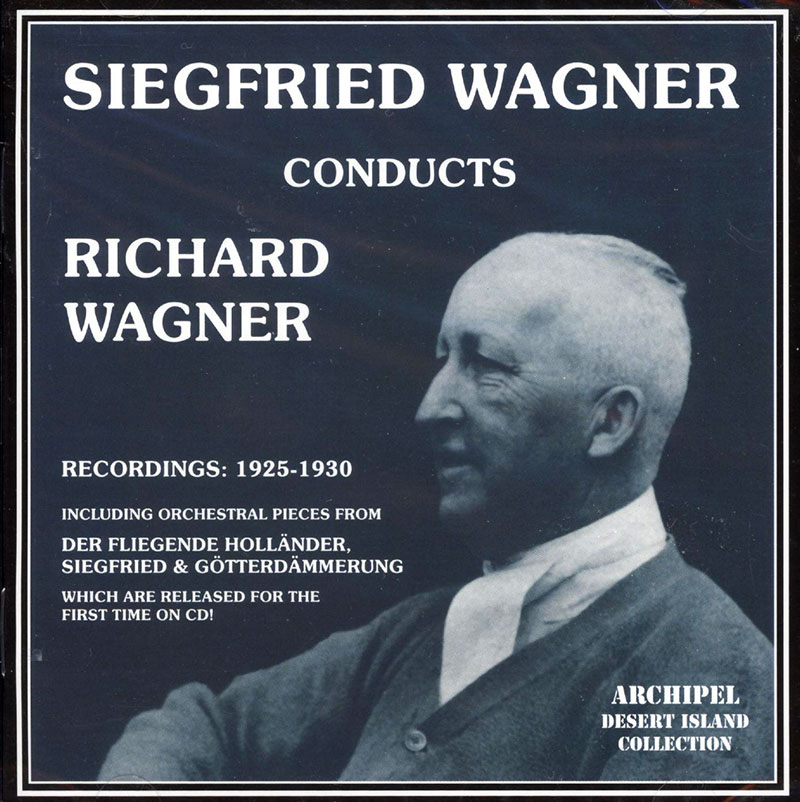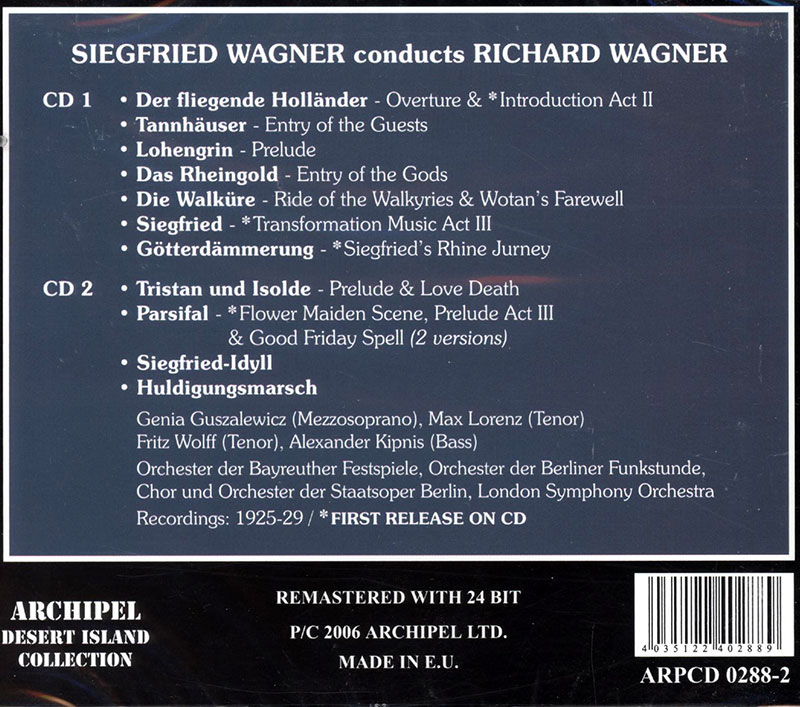Logowanie
OSTATNI taki wybór na świecie
Nancy Wilson, Peggy Lee, Bobby Darin, Julie London, Dinah Washington, Ella Fitzgerald, Lou Rawls
Diamond Voices of the Fifties - vol. 2
Tylko 1000 egzemplarzy!!!
DVORAK, BEETHOVEN, Boris Koutzen, Royal Classic Symphonica
Symfonie nr. 9 / Wellingtons Sieg Op.91
nowa seria: Nature and Music - nagranie w pełni analogowe
Petra Rosa, Eddie C.
Celebrating the art and spirit of music - vol. 3 - Pure
warm sophisticated voice...
Peggy Lee, Doris Day, Julie London, Dinah Shore, Dakota Station
Diamond Voices of the fifthies
Tylko 1000 egzemplarzy!!!
SAMPLER - STS DIGITAL, Buddy Tate, Milt Buckner, Walace Bishop
Jazz Masters - Legendary Jazz Recordings - v. 1
proszę pokazać mi drugą taką płytę na świecie!
Chesky! Niezmiennie perfekcyjny
Winylowy niezbędnik
ClearAudio
Double Matrix Professional - Sonic
najbardziej inteligentna i skuteczna pralka do płyt winylowych wszelkiego typu - całkowicie automatyczna
WAGNER, Choir und Orchester der Bayreuther Festspiele, Siegfried Wagner
Siegfried Wagner conducts Richard Wagner

- Choir und Orchester der Bayreuther Festspiele - orchestra
- Siegfried Wagner - conductor
- WAGNER
Recordings: 1925 - 1930
AllMusic Review by Uncle Dave Lewis [-] Archipel's Siegfried Wagner Conducts Richard Wagner is an entry in its Desert Island Collection. Siegfried Wagner, of course, was Richard Wagner's son by Cosima Liszt Wagner, and it was he who took over much of the leadership at the Bayreuth Festival from 1906 through his death in 1930. This was not a distinction that the younger Wagner necessarily sought out, as he had originally studied to be an architect, and his own musical compositions are closer to the style of the composers of his own time -- Mahler, Richard Strauss, Lehár -- than to that of his father. Ultimately though, the obligation to succeed his father at Bayreuth became an overriding one for Siegfried Wagner; his only recorded comment on the matter seems to have been "I willingly admit that things are not made very easy for me." This collection begins with an acoustical recording made of music from Die fliegende Holländer in early 1925 and ends with a 1927 recording of Huldigungsmarsch made with the London Symphony Orchestra. The latest recordings chronologically appear to be parts of Siegfried and Götterdämmerung recorded from radio transcriptions in 1929, which, if so, would make them the earliest radio recordings known from Europe, but the notes are not clear on the matter. The notes are poorly translated and appear in the book crammed together in small type, and the sound transfers overall are tinny, skinny, and not very professionally done. The original 78 rpm copy of Siegfried Wagner's 1927 Prelude to Act III from "Parsifal" is warm, deep, and profound, while this CD transfer is thin, crackly, and distorted. Admittedly, the three acoustically made recordings represented here were technically poor in their own time, sounding like records made in 1912 rather than 1925. Nevertheless, this is still no excuse for Archipel's incorrect pitching of the "Flower Maiden Scene" in Parsifal, making dramatic tenor Max Lorenz sound like Daffy Duck. As an interpreter of his father's music, Siegfried Wagner is not reverential in the least; his recordings of Wagner's music have more independence of mind than any others done prior to Pierre Boulez. He takes a generally light touch; filtering Richard Wagner through his interest in operetta and in the more coolly distanced aura of post-Romanticism. To hear Richard Wagner's music in the manner that he likely interpreted himself, there are plenty of fine alternatives; Felix Weingartner, Karl Muck, and Arturo Toscanini all conducted Wagner's music in the nineteenth century and were experts at performing it in the established tradition in the twentieth. As a conductor, Siegfried Wagner is most interesting heard leading his own work rather than that of his father. So, if you are going to a desert island, you should not feel guilty to make room for something other than Siegfried Wagner Conducts Richard Wagner.





























